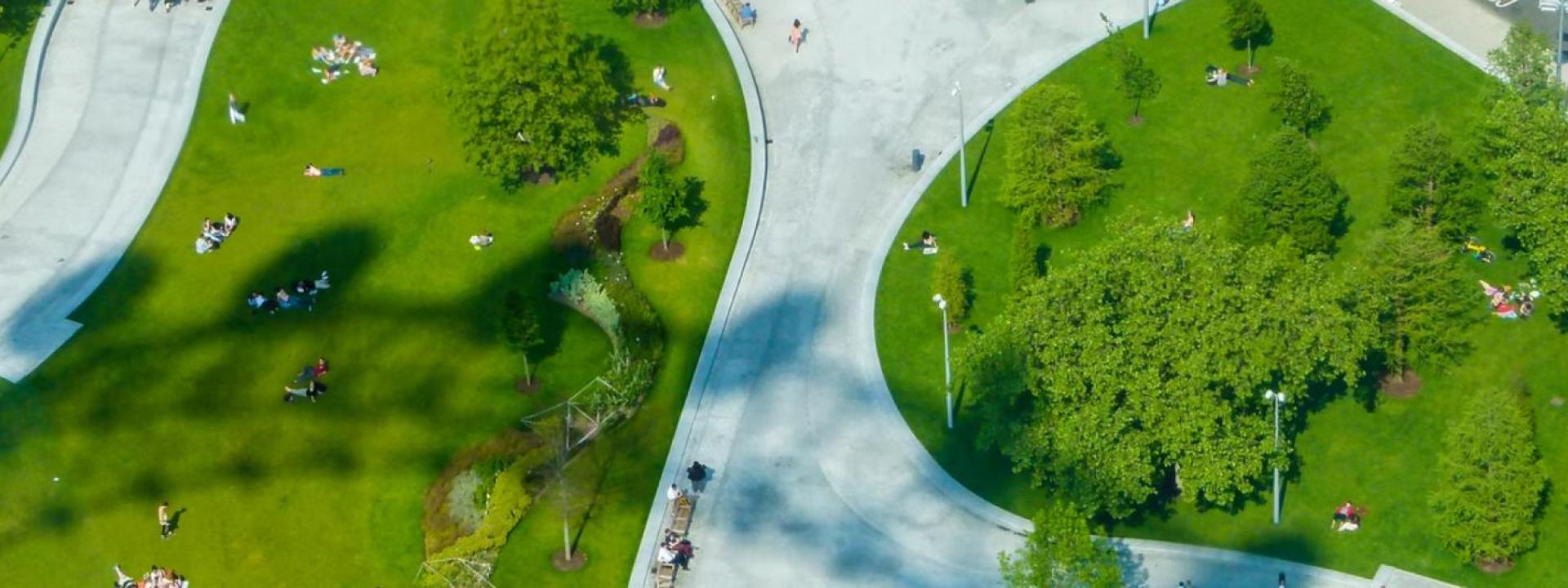“A society grows great when old people plant trees whose shade they know they shall never sit in”. (Greek Proverb)
The update to the Planning Commissioner Handbook is intended to help planning commissioners understand the planning process and terms and provide a window into planning challenges on the horizon. As a planning commissioner it may take years to see the results of your work. The burden of a commissioner is heavy, the learning curve is steep, and the praise is fleeting. Meetings can be long, and seldom do you get credit for the time you spend mastering your volunteer position. Even so, your decisions are vital to your community.
The handbook describes the major plans and policies that comprise the framework of local planning, as well as typical players in the process and the basics of reviewing applications for development. While considered a reference, the handbook is only one place to look for information and you may find that talking with other commissioners will fill in gaps in knowledge. Of course, when in doubt, ask your staff.
The intersection of property rights and regulations is seldom pleasant and meetings where this happens can be loud, accusatory, and difficult. People are rightfully passionate about where they live and meetings where passions overwhelm manners are where your knowledge and commitment to a better future are the most valuable. We hope that this handbook helps you prepare for those meetings.
By serving as a commissioner, you are the guardian of the personality and vitality of your community. To do this you must digest enormous amounts of information, negotiate delicate situations, and make informed recommendations, all while staying above the emotions that sometimes envelope development projects. We know that this is no easy task.
Few voluntary, non-elected appointments have the kind of authority granted to a planning commissioner. Fewer still will affect the future of a community to such a great extent. While it may occasionally feel like a thankless job, please know that we at the Institute for Local Government applaud your service. Your staff appreciate every effort you take to understand the process and enjoy helping you with this.
Thank you for working together to plant trees.



